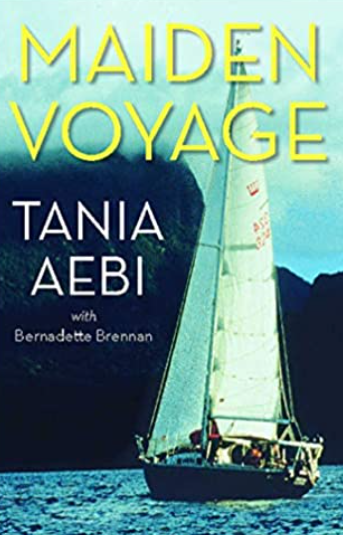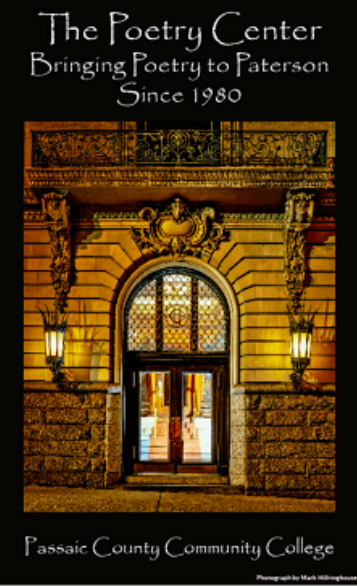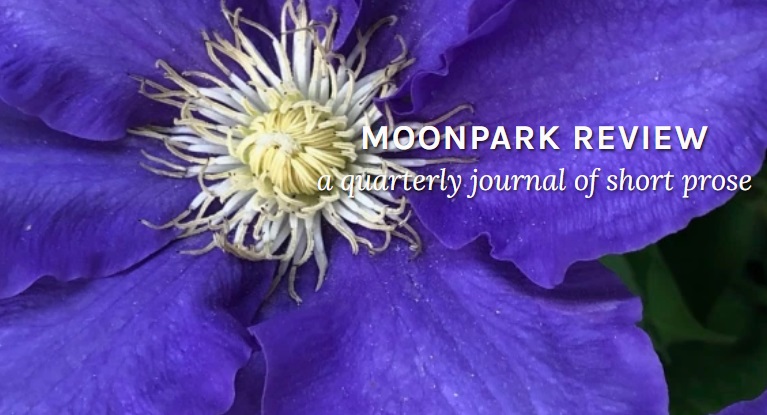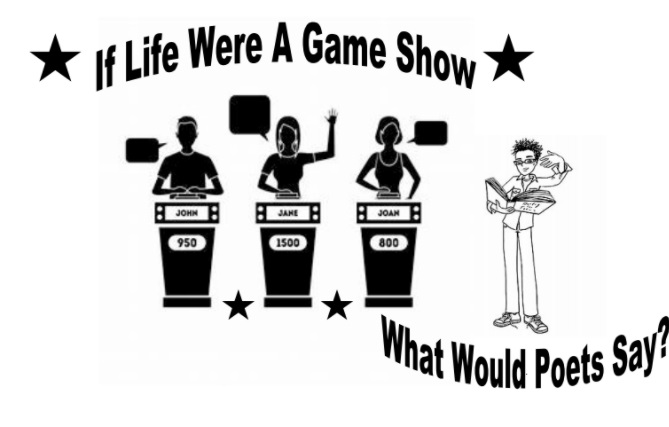
Reading is part of writing. Read to become a better writer, to be entertained, and to learn.
Finding a special place to read is divine.
Today’s post is inspired by Evan Dunn, writer at Porch.com. and inspired by the concept of Hygge.
Excepted from Evan’s article about creating a Reading Nook:
If you love to curl up with your favorite books, a Reading Nook can be the perfect way to enjoy this beloved pastime. From nonfiction books to thrillers and romance novels, reading is one of the best ways to relax and escape from the stresses of everyday living. If you’re thinking about creating your own Reading Nook, read on for some tips and tricks that will inspire you to craft a perfect reading space.
Why Create a Reading Space?
For those who have a habit of reading often, creating your own special space will make it even more enjoyable. There are lots of benefits to having a Reading Nook, including:
Having your very own Reading Nook gives you a quiet space to relax and de-stress.
Reading is a great habit for kids and adults alike. Designating a space for this activity will encourage everyone in the family to read more.
Spending your free time with a good book can help you learn new things and discover new characters, worlds, and experiences.
There’s nothing quite like enjoying a great book, some downtime, and the soothing smells of scented candles to help promote relaxing.
Finding the Perfect Space
Once you’ve decided to create a Reading Nook, it’s time to think about the perfect location. If you happen to have a spare room such as a guest bedroom or a space over the garage, these are two fantastic options. If your home is small or you’re short on space, you can still enjoy the perks of a private Reading Nook. Designate one corner of your living room as the Reading Nook. Add a small bookshelf and a comfy chair along with an accent table and a lamp for a cozy space to sit and dive into your favorite book. You can also integrate a Reading Nook in other rooms like a master bedroom or home office. Make sure you have enough book storage so it’s easy to access all of your books within reach. Place some potted plants on your bookshelf or table to add a touch of greenery and create a relaxing vibe.
Reading Nook Essentials
After you’ve chosen the perfect space in your home for reading, it’s time to bring in the essentials. From furniture to storage, here are a few must-haves that every home Reading Nook should include:
Lighting: If you’re still reading when the sun goes down, you need to have adequate lighting in your Reading Nook. A floor lamp with an adjustable neck gives you the perfect task lighting for reading.
Décor: Give your Reading Nook personality with fun pieces of décor. A few houseplants or a framed poster featuring the cover of your favorite book will give the space a personal touch. Bring an area rug into the room to create a warm, inviting look and feel.
Furniture: A cushy chair or a recliner are both terrific options. If you have a simple accent chair, supplement it with a footstool or ottoman so you can prop up your feet. Add a side table to place your book and a favorite beverage.
Storage: Try a tall bookshelf. If you want to keep your books out of sight, a cabinet with solid doors works perfectly. If you’re short on floor space, install wall shelves or try a rolling cart that you can move around and tuck away when you’re done selecting a new book. If you’re on a budget, consider bookshelves from your local thrift store that you can refinish or paint.
Ambiance: If you want to create a calming environment, you need a few things to create a relaxing ambiance. An oil burner with some essential oils is a great way to create a soothing scent that calms the mind. Add a soft blanket to your reading chair so you can snuggle under it on chilly nights. Soothing music or scented candles are other great additions that will give your Reading Nook a relaxing vibe.
Personal Touch: Give your Reading Nook some personality by decorating it with sentimental items like a few photos or a piece of artwork. You can hang a diploma on the wall or frame a favorite quote to give this space a personal touch that’s special and unique to you.
Make Your Reading Nook Enjoyable for the Whole Family
Encourage your kids to read by creating a reading space that everyone can enjoy. Reading a book aloud and having story time is a great way to spend quality time together. Your Reading Nook can also double as a quiet place where the kids can do their homework or catch up on school assignments. Make the space special by adding kid-friendly furniture. You can find small chairs designed just for kids, so they have a comfy place to sit and read. Look for short, brightly colored shelves for easy access. Set up a small table where children can participate in activities like coloring and crafts. The idea is to make this part of your home special and accommodating for everybody for fond memories and family time.
If you’re not sure which books to stock for children, talk to your child’s teacher or your local bookstore for a recommended reading list. Check in with other parents to see what books their kids are reading. You can buy a few of your favorite books from your childhood.
Your Reading Nook is also a great place to keep in touch with family members who live elsewhere, you can make this is possible with the Bookship app.
How to Keep Your Project on a Budget
You don’t need to remodel your home or spend a ton of money to enjoy a Reading Nook at home. Repurpose old pieces of furniture or shop at a thrift store to find affordable options. Look for ways to stock your Reading Nook without buying new. Ask your library about book sales or go online to find some book exchange programs. You can also find an endless array of used books online, so you don’t have to pay full price. Search for Little Free Libraries in your neighborhood.
Whether you’re an avid reader or just enjoy the occasional best-seller, a Reading Nook is a perfect way to relax and spend your leisure time. Make sure your new space is comfortable and inviting for the whole family. You’ll make memories together and help your children develop healthy lifelong habits that they can pass onto their children.
Excerpt from Evan’s article, “How to Create the Perfect Reading Nook: Tips for Book Lovers.”
You are welcome to comment on this post on my Writers Forum Facebook Page. Share a picture of your Reading Nook.







